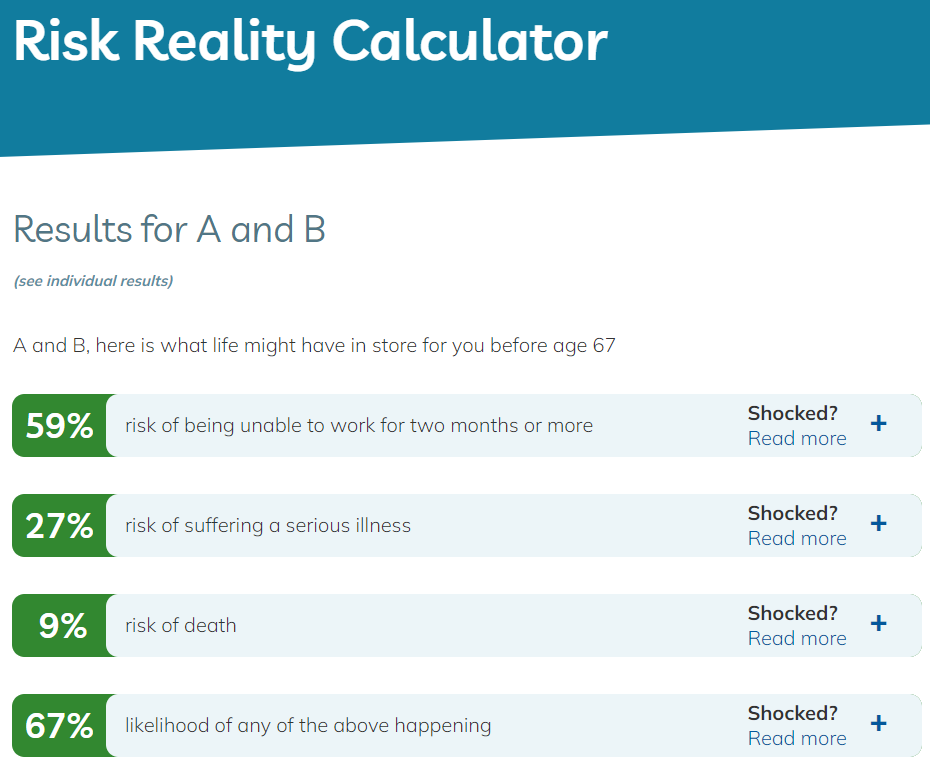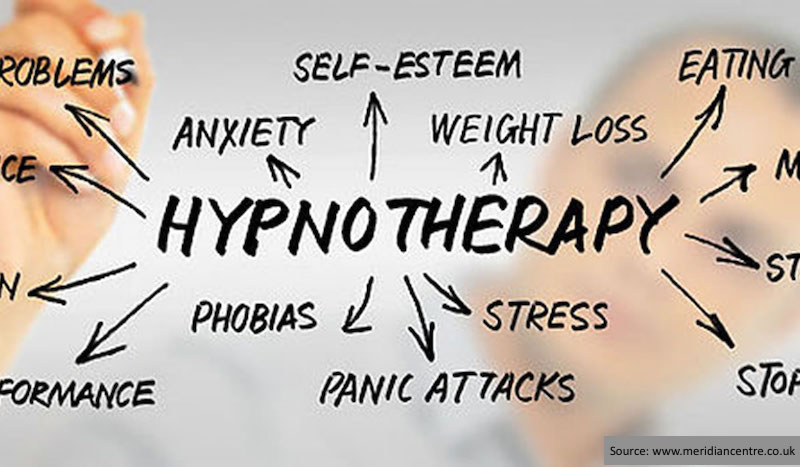Phobia: The form -phobia comes from Greek phóbos, meaning “fear” or “panic.”, although phobias are more acute than fears. They develop when a person has an exaggerated or unrealistic sense of danger about a situation or object.
Simple phobias usually stem from a stressful event in childhood (e.g. claustrophobia), whereas complex phobias (e.g. agoraphobia) are more difficult to pin down. However, no matter what the phobia, the body perceives the ‘threat’ as real, causing the release of adrenalin and the attendant symptoms of sweating, trembling and shortness of breath.
Here are three examples of common phobias which Ian has treated, usually in just one session:
Flying (Aerophobia)
Ian’s client was a gentleman who was so fearful of flying that he used to have to medicate and drink before he could even set foot on a plane. It transpired that his fear of flying actually stemmed from being restrained with a belt when having his hair cut as a child. Years later, the mere act of putting on a similar type of lap belt became the trigger for his phobia. Ironically, he was completely bald when he came to see Ian, so it wasn’t anything to do with aichmophobia (a fear of sharp, pointed objects)!
Needles (Trypanophobia)
The client here was a medical student in the first year of her course – she quickly realised that this was not a helpful phobia to have for this profession and was thinking of quitting the course, but after just one session she was cured.
Heights (Acrophobia)
Ironically, the client here was Ian himself when he took the cable car up Table Mountain in South Africa together with his wife. On the way up, Ian suddenly experienced an overwhelming fear as the well packed cable car revolved around with nowhere to hold onto. This abrupt onset of a phobia resulted a 3-hour walk back down the mountain!
Note that acrophobia is different from vertigo which some people use when describing their fear of heights. However, vertigo, or the unpleasant sensation of spinning, is just one symptom of acrophobia. Interestingly, the word acrophobia derives from the Greek word acropolis [spoiler alert: almost all phobias are derived from Greek words!], which was traditionally the highest point in a Greek city.



